About
Our Staff,
Legal Team + Partner Advisors
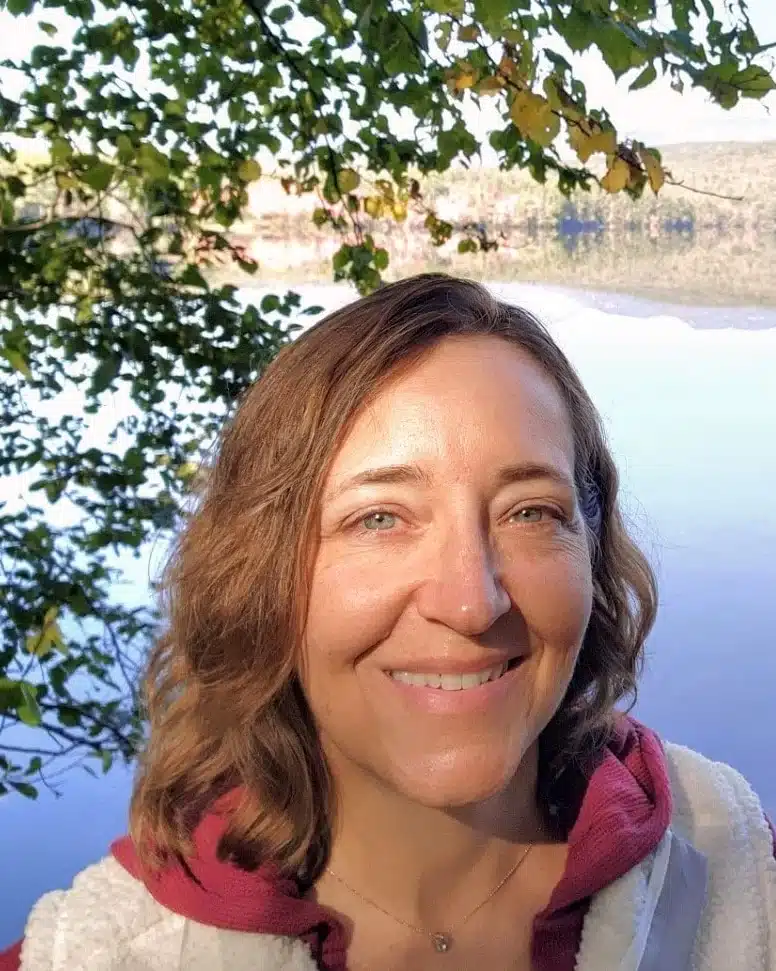
Communications Director
Michelle co-led an effort to successfully protect the Newfound Lake communities of New Hampshire through a Right to Sustainable Energy Ordinance in 2014. She joined CELDF in 2014 to nurture relationships with state representatives, helping New Hampshire to become the first state in the nation to move Community Rights amendments three times. She has continued to expand Community Rights throughout New England by assisting local lawmaking efforts, including the first New Hampshire Right to a Healthy Climate law in Exeter, and Barnstead’s first-in-the-nation law securing freedom from religious identification. Michelle is also a lecturer for CELDF’s Democracy School and a board member of the NH Community Rights Network. She spends her free time creating music, gardening, and communing with Nature. Contact: Michelle@celdf.org

Social Media Coordinator
DeMario is a digital strategist and storyteller with a strong background in nonprofit work, including Friends of the Children, The Boys & Girls Club, and Hands On Atlanta. As CELDF’s Social Media Coordinator, he uses content creation, social media strategy, and digital engagement to amplify advocacy efforts and drive action. With expertise in campaign development, and community outreach, DeMario crafts compelling narratives that educate, inspire, and mobilize supporters. His passion for storytelling helps bring visibility to grassroots movements and the fight for community rights. Contact: DeMario@celdf.org
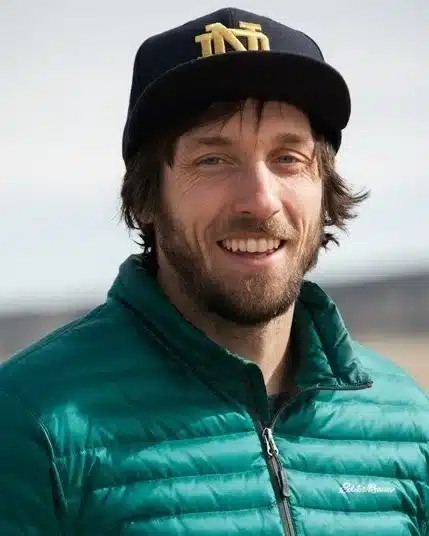
Co-Coordinator of Community Resistance & Resilience; Legal Research and Consulting
Will is a writer, lawyer, and environmental activist. The natural world speaks and Will’s work is how he listens. He believes the ongoing destruction of the natural world is the most pressing issue confronting us today. For Will, writing is a tool to be used in resistance. Will graduated from the University of Wisconsin-Madison Law School and practiced as a public defender in Kenosha, WI. He left the public defender office to pursue frontline environmental activism. So far, activism has taken him to the Unist’ot’en Camp – an indigenous cultural center and pipeline blockade on unceded Wet’suwet’en territory in so-called British Columbia, Canada, to a construction blockade on Mauna Kea in Hawai’i, to endangered pinyon-juniper forests in the Great Basin, and to Thacker Pass in northern Nevada where Will is trying to stop an open pit lithium mine from destroying a beautiful mountain pass. Will’s first book How Dams Fall describes his relationship with the Colorado River in the context of the first-ever American federal lawsuit seeking rights for a major ecosystem, that he helped to file, was published in August 2019. His second book When I Set the Sweetgrass Down, a full-length collection of poetry was published in 2023. You can follow Will’s work at willfalk.org. Contact: WillFalk@celdf.org
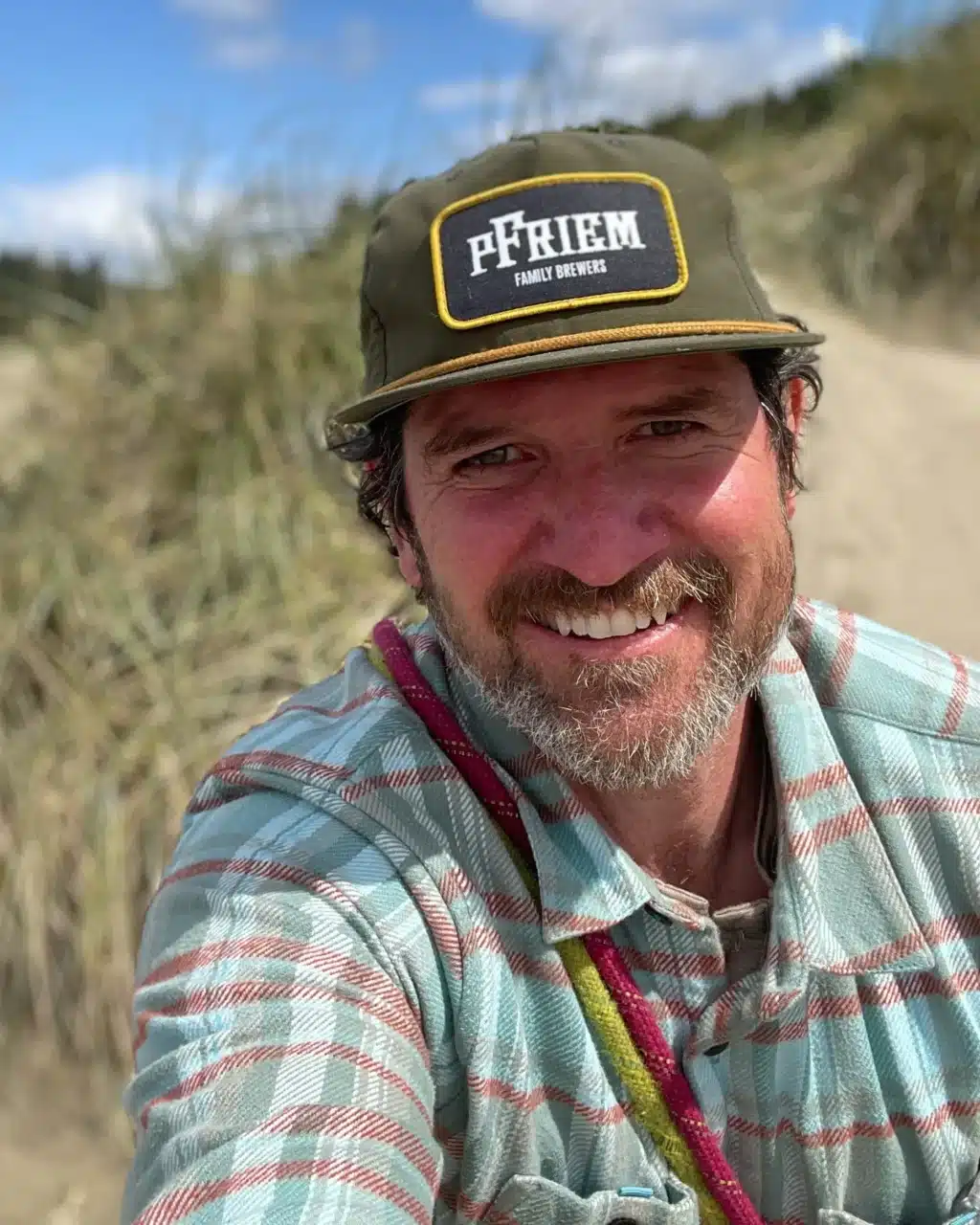
Executive Director and Development Director
Kai has been a principal member of CELDF since 2009. After spending 13 years organizing for CELDF in the Northwest and Hawaii, Kai took over as Executive Director. His experience as a seasoned community organizer and movement specialist is helping to guide CELDF into its next 30 years. Kai has served as a national lecturer for CELDF’s Democracy School and as a board member of the Oregon Community Rights Network and Washington Community Rights Network. He teaches, presents, and writes extensively on movement building, community rights, rights of nature, and the intersection of culture and law. When he’s not focused on building community resistance and resilience he spends his time in the mountains hiking, camping, and skiing with family, friends, or on his own. Contact: Kai@celdf.org
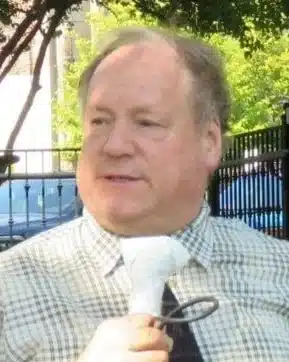
Legal Director
Terry brings over 45 years of experience as an antiwar activist and civil and environmental rights lawyer to CELDF. He advises grassroots groups on how to draft and enact local initiative laws and brings court challenges in support of direct democracy, Community Rights, and the Rights of Nature in Ohio and Pennsylvania. Terry also supports efforts to resist the spread of nuclear power, weapons, and waste, to shape sane energy policies to address growing climate chaos, and to that end, represents environmental, antiwar, and civil rights protesters. Terry believes that a return to local self-governance and democratic roots is essential to combat climate chaos and create a truly equitable society. Terry lives on Kiikaapoi (Kickapoo) traditional lands, from whence he counsels activists to walk with the power of a thousand generations. Contact: lodgelaw@yahoo.com
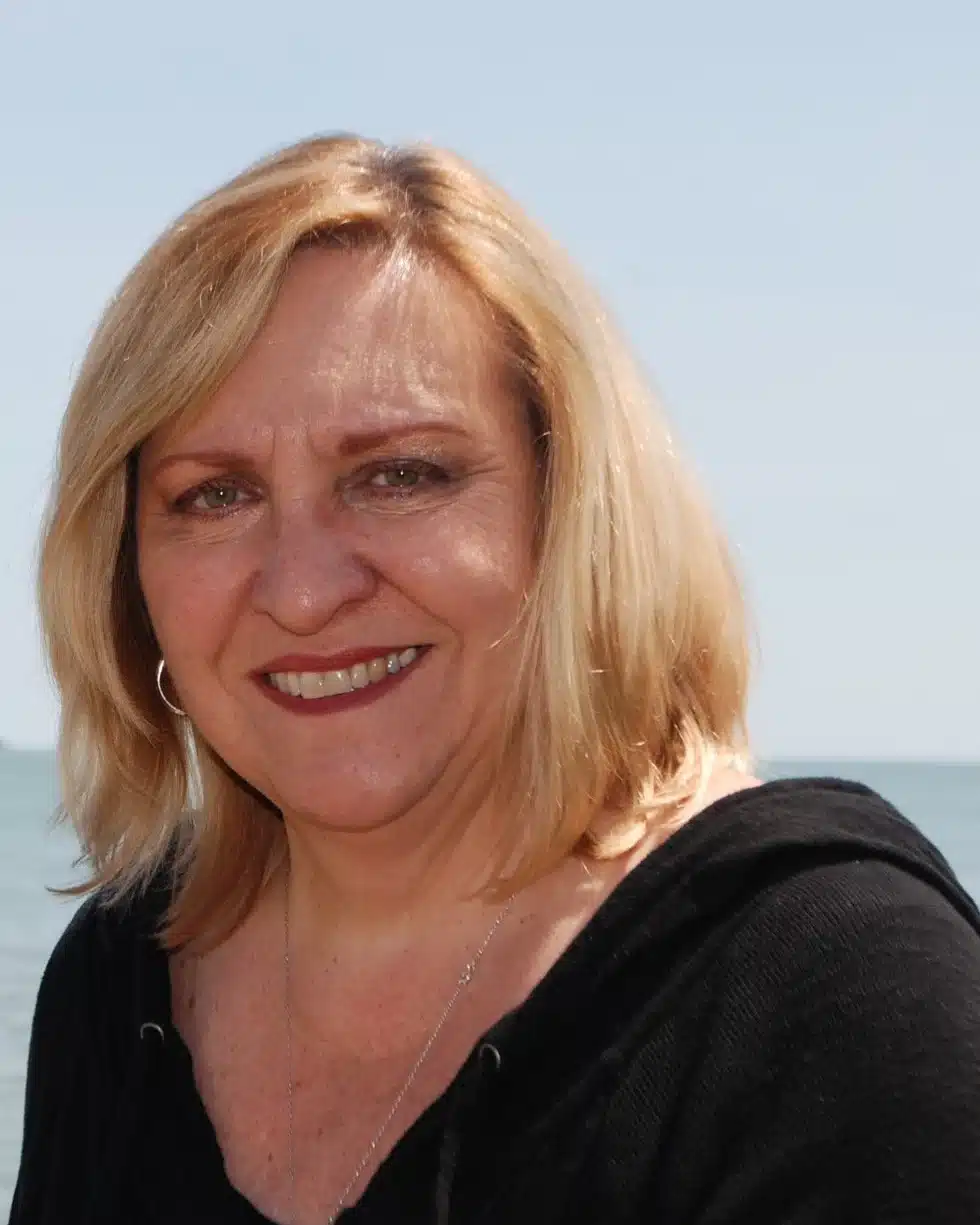
Consulting Director
Tish has been involved in community rights and Rights of Nature work since 2012. She started in her own community of Broadview Heights, Ohio, leading to the adoption of Ohio’s first Home Rule charter amendment creating a Community Bill of Rights banning fracking and recognizing Rights of Nature. She then went on to work with dozens of Ohio communities on anti-fracking, anti-pipeline, right to a livable climate, fair and free elections, and water privatization issues. Today, Tish works with communities all over the country and internationally, most recently working with residents and a state legislator in NY to introduce the Great Lakes Bill of Rights. In 2019, she worked with the people of Toledo to pass the historic Lake Erie Bill of Rights. She has taught workshops, CELDF’s Democracy Schools, and is a founding member and current board member of the Ohio Community Rights Network. Tish, along with other CELDF staff and community members, has been featured in the documentaries We the People 2.0, Invisible Hand, What We do to Nature, We do to Ourselves, and edited the book Death by Democracy. In her free time, Tish likes to spend time on or near Lake Erie, in her yard, or with family and friends having lively discussions or playing a competitive game…for fun of course. Contact: Tish@celdf.org
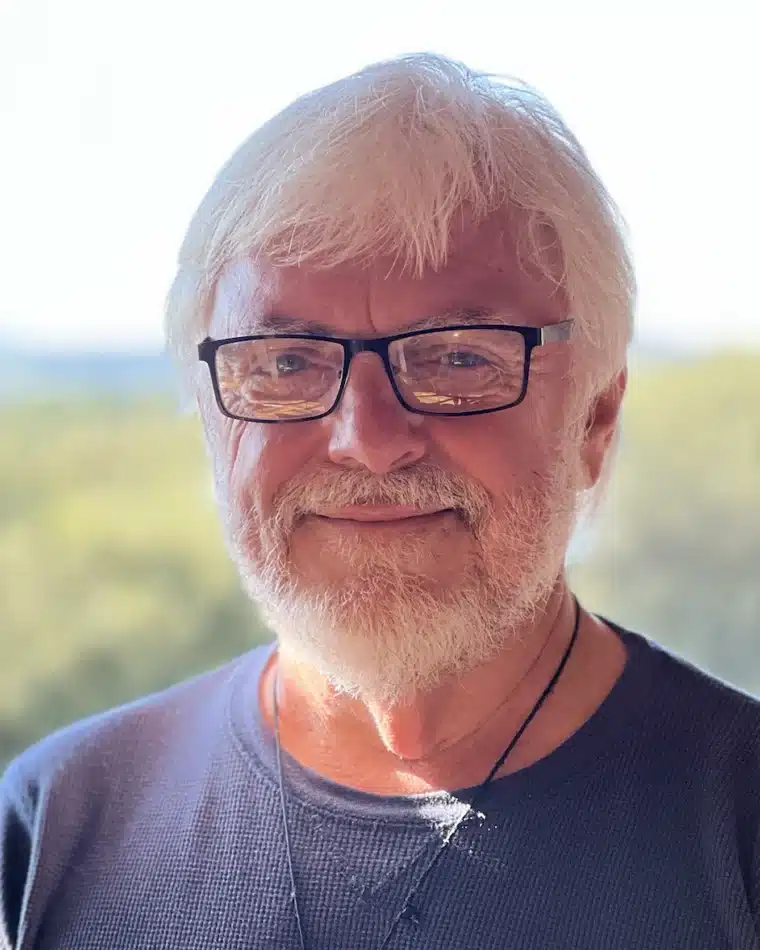
Education Director
Ben is a pioneer in the Rights of Nature Movement. In 2006 he organized the first community on Earth to recognize legal rights for Nature, Tamaqua, Pennsylvania. In the decades that followed, Ben continued organizing scores of communities to enact community rights and rights of nature local legislation. In 2010, Ben was called into Pittsburgh, PA, where he organized in the City’s nine districts and lobbied their respective City Council representatives to draft and enact a ban on hydraulic fracking and that also recognized the rights of local ecosystems to exist, flourish, and evolve. The law was enacted by unanimous vote of the City Council. Ben’s book “How Wealth Rules the World: Saving Our Communities and Freedoms from the Dictatorship of Property” was published in 2019 and his novel, “OGDEN: A Tale for the End of Time” was published in 2023. Ben’s collection of essays Wouldn’t You Say? was published by CELDF in early 2025. Contact: BenPrice@celdf.org
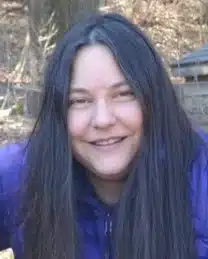
Co-Founder and Chief Financial Officer
Stacey is a co-founder of CELDF. She leads Human Resources and is responsible for planning, organization, and direction of the organization’s operations and programs. She has been with CELDF throughout its many twists and turns, and brings degrees in Biology and Accounting to the group. Her passion for this work has been a driving force since the beginning, “We started out small and knew that it was a big task, but we kept moving toward our goal. I never dreamed that we would have all of the staff members that we currently have. It was a dream, one that you hope others will take on and now they have.” Contact: Stacey@celdf.org.
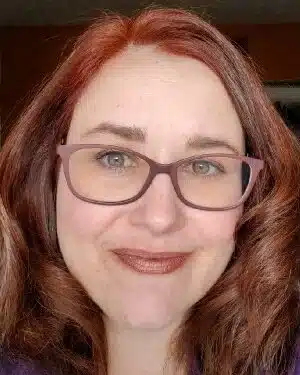
Grant Writer
Christine is a seasoned grant writer with 15 years of experience serving various non-profits focusing on health and human services and environmental justice. She holds a Master of Health Science degree from the Johns Hopkins Bloomberg School of Public Health. Her expertise encompasses the entire grant lifecycle, from program development to post-award monitoring and close-out. Christine has successfully secured funding from agencies such as the Veterans Administration, the Department of Housing and Community Development, and the Department of Disabilities. She is delighted to be a part of CELDF’s mission and its work in assisting communities to establish legal rights for environmental protection. In her personal life, Christine resides in Maryland with her family. She enjoys calligraphy, hanging out with her kids, and trying new restaurants with her husband. Contact: Christine@celdf.org
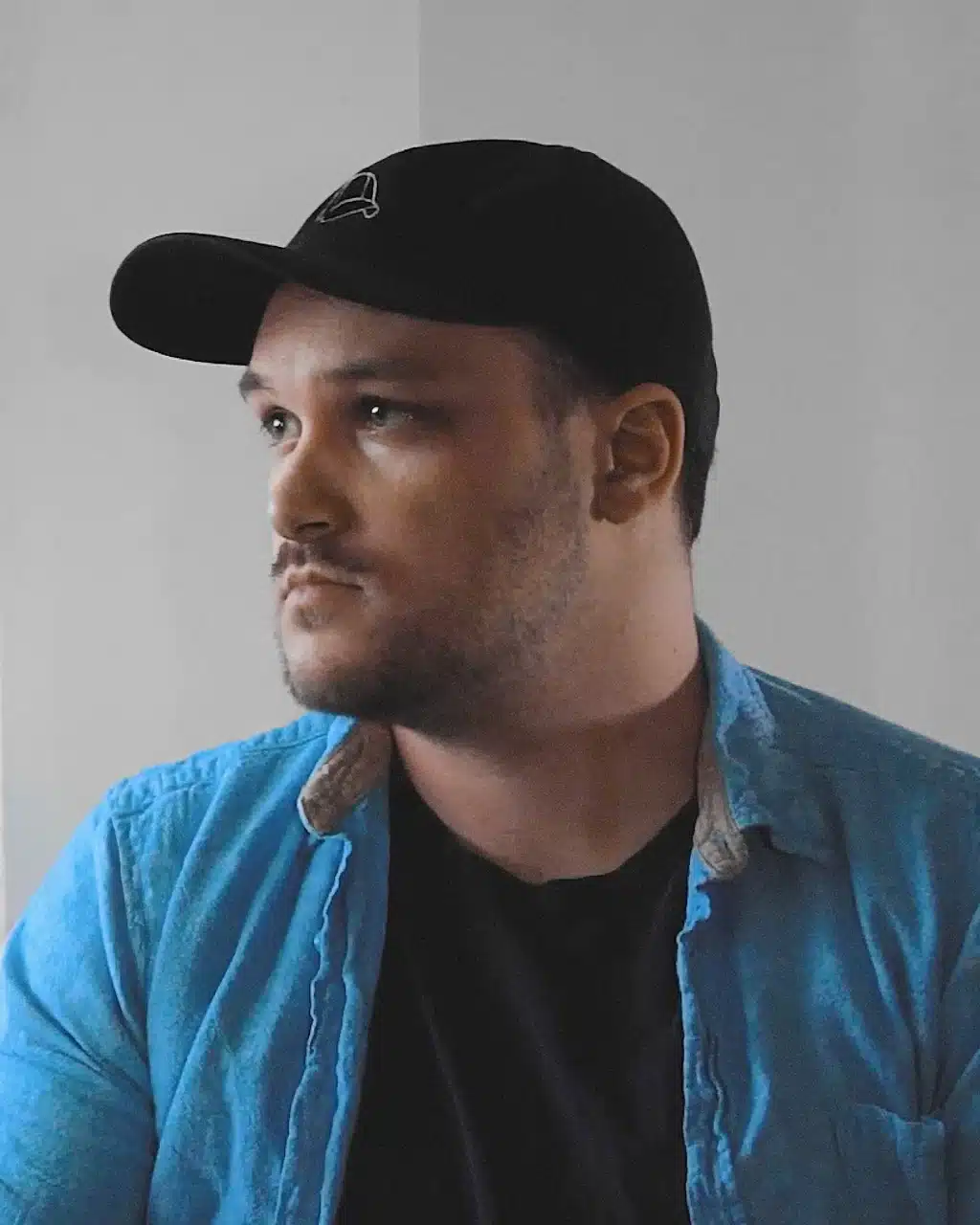
Multimedia Specialist
Brendin is a Multimedia Production Specialist with over 6 years of experience and a Bachelor of Arts from The Evergreen State College in Olympia, Washington. His passion for everything Audiovisual, and appreciation of nature intersect to help CELDF share its message. From Truth, Reckoning, and Right Relationship events to an End of Year recap, Brendin uses his skills to turn CELDF’s vision into visuals. Contact: Brendin@celdf.org
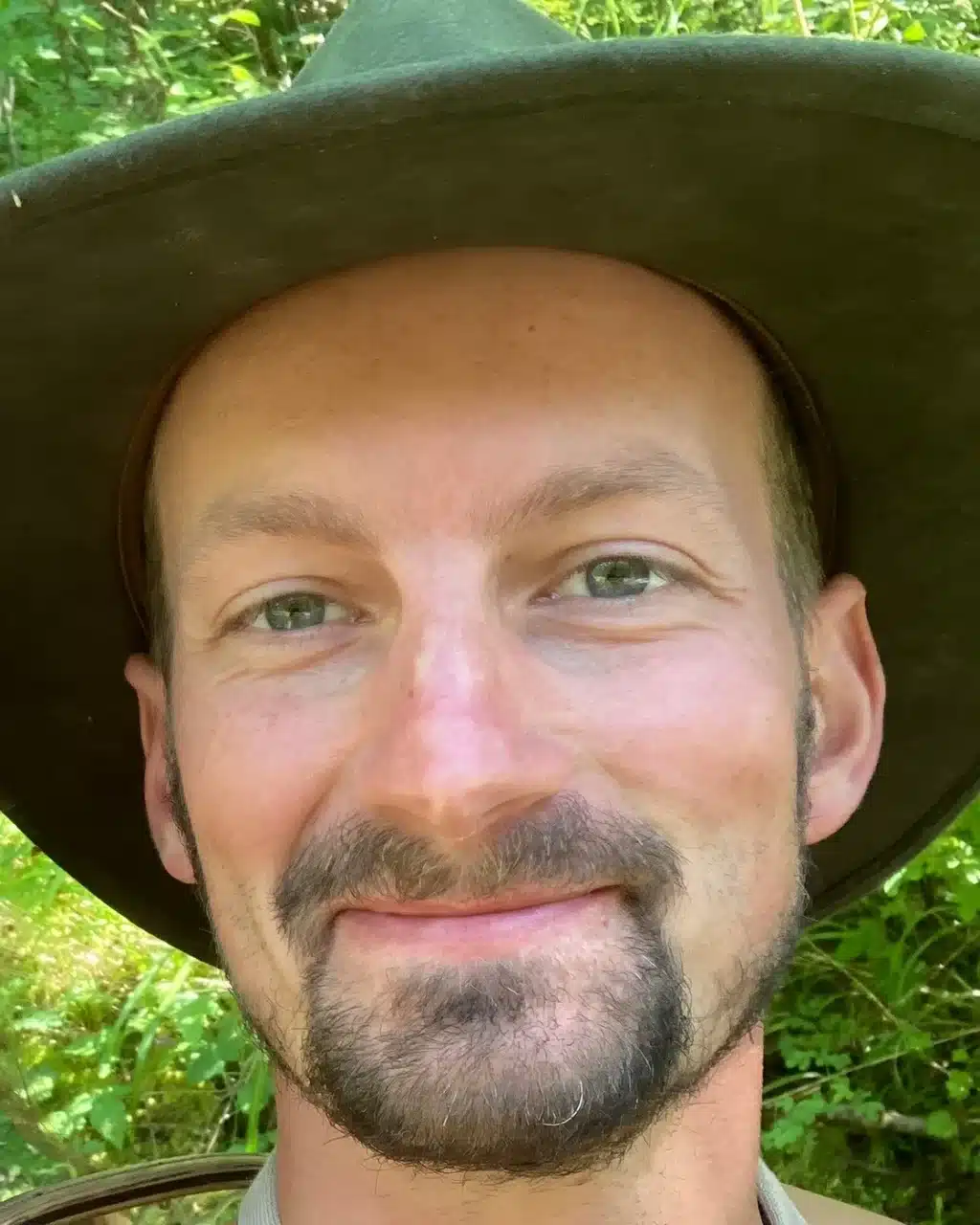
Co-Coordinator of Community Resistance & Resilience, and Publicist
Max is a writer and biocentric community organizer. He is the author of two books, most recently “Bright Green Lies: How The Environmental Movement Lost Its Way and What We Can Do About It,” and writes the newsletter “Biocentric” on Substack. Max has been part of grassroots political movements for 25 years. He is currently splitting his time between studying for a Masters Degree in Degrowth, defending against a mining company lawsuit, running a mentorship program for young activists, and participating in several campaigns and coalitions to protect nature. His work has been featured on CNN, The New York Times, NPR, Le Monde, BBC, and elsewhere. Contact: Max@celdf.org
Our partner Advisors
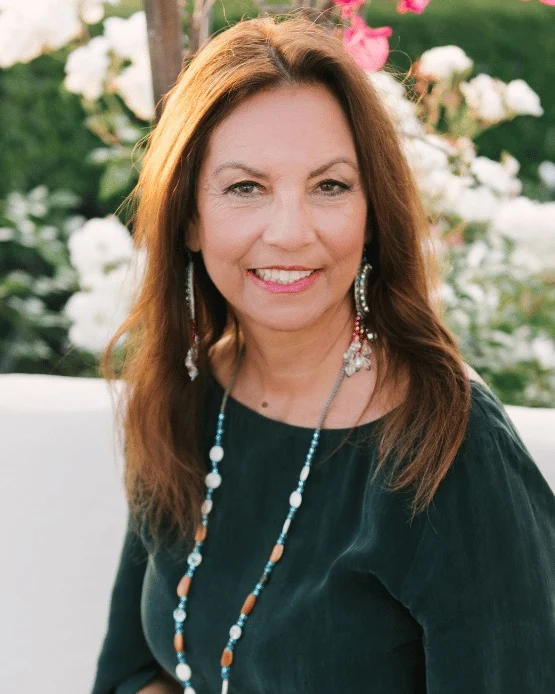
Dina Gilio-Whitaker (Colville Confederated Tribes) is a lecturer of American Indian Studies at California State University San Marcos, and an independent consultant and educator in environmental justice policy planning. At CSUSM she teaches courses on environmentalism and American Indians, traditional ecological knowledge, religion and philosophy, Native women’s activism, American Indians and sports, and decolonization. She also works within the field of critical sports studies, examining the intersections of indigeneity and the sport of surfing. As a public intellectual, Dina brings her scholarship into focus as an award-winning journalist as well, contributing to numerous online outlets including Indian Country Today, the Los Angeles Times, High Country News and many more. Dina is co-author with Roxanne Dunbar-Ortiz of Beacon Press’s “All the Real Indians Died Off”: And 20 Other Myths About Native Americans (2016), and her most recent book, As Long as Grass Grows: The Indigenous Fight for Environmental Justice from Colonization to Standing Rock, was released in 2019. A third book is scheduled for release in 2025, Who Gets to be Indian? Ethnic Fraud and Other Difficult Conversations about Native American Identity from Beacon Press.
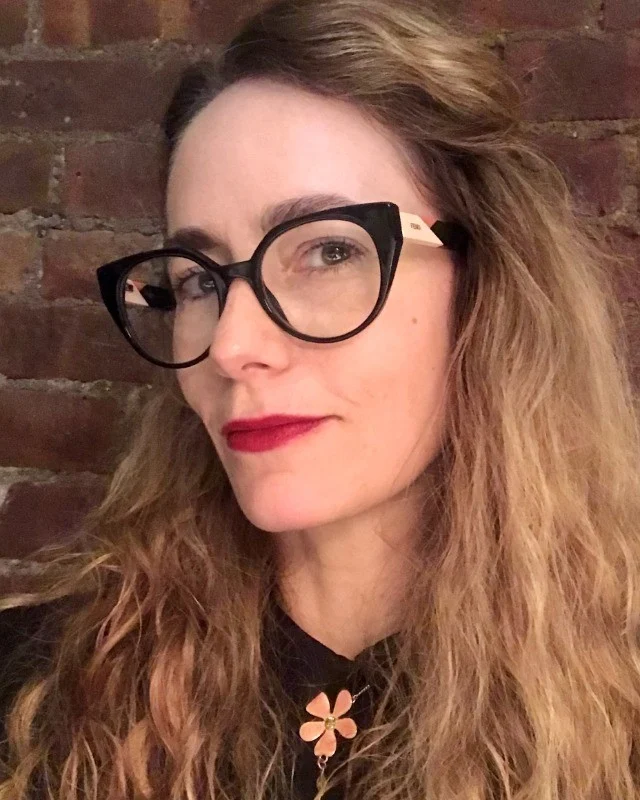
Professor at the University of Essex in the UK; Dr. Camila Vergara is a critical legal theorist, historian, and journalist from Chile writing on the relation between inequality and the law, and the possible institutional solutions to systemic corruption. She is Editor of Theoria: A Journal of Social and Political Theory, Associate Editor of Critical Sociology, and organiser of the Venice Multidisciplinary World Conference on Republics and Republicanism. She is the author of Systemic Corruption: Constitutional Ideas for an Anti-Oligarchic Republic (Princeton University Press 2020), and her work on constitutional theory, republicanism, corruption, and populism has been featured in leading international journals such as the Journal of Political Philosophy, History of Political Thought, and REVUS: Journal for Constitutional Theory and Philosophy of Law. She is also a global public intellectual —with her articles and interviews featured in outlets such as New Left Review, Jacobin, Politico, Revista Plebeya, and Il Manifesto Inret— and an activist advising and collaborating with grassroots organisations on rights, deliberative democracy, and community-based forms of governance.
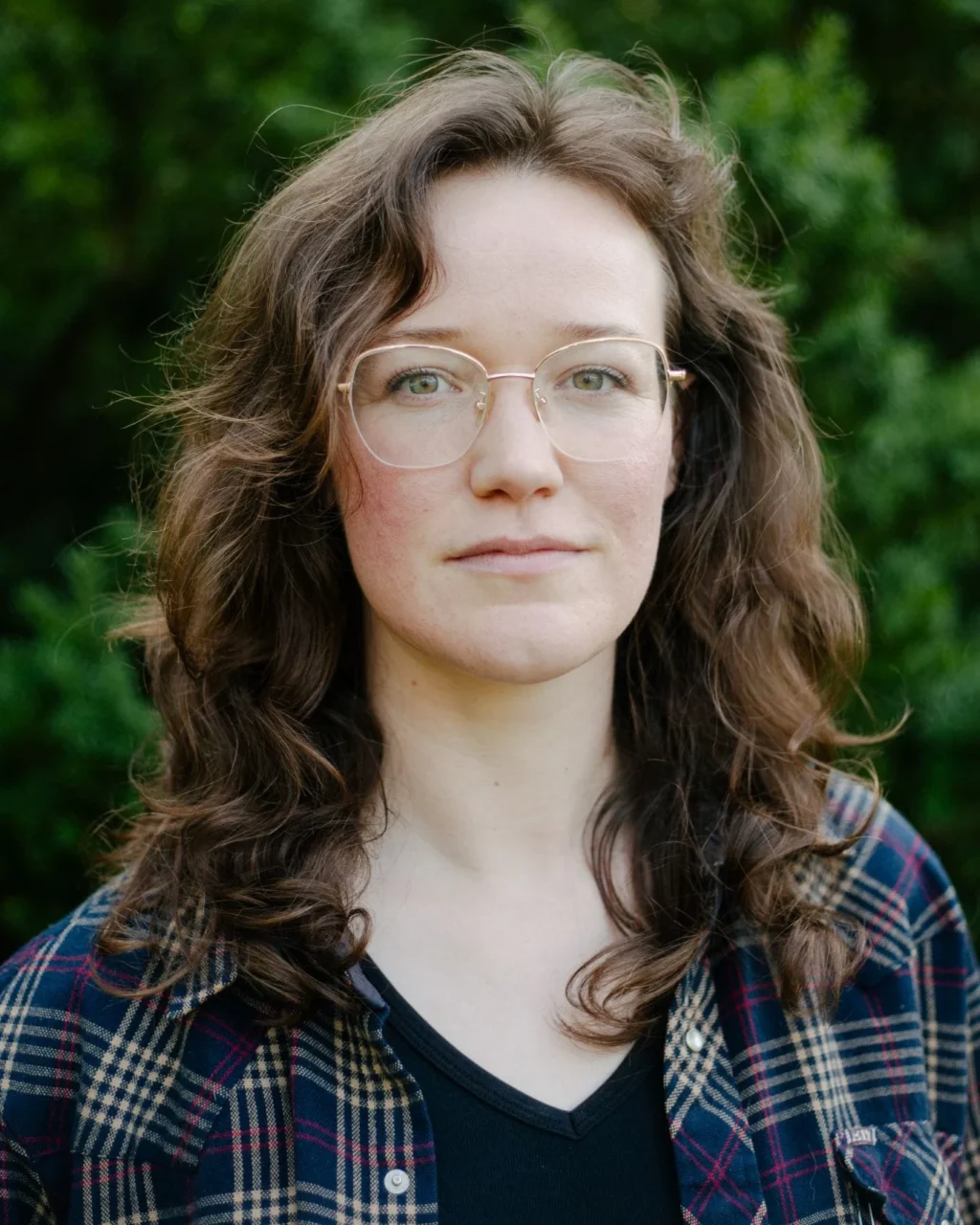
Lina Blount is an organizer and writer working on environmental justice campaigns in the Philadelphia area since 2011. Lina currently works as the Director of Strategy and Partnerships for the Earth Quaker Action Team, a grassroots group including Quakers and people of diverse beliefs who use nonviolent direct action to work towards a just and sustainable economy by targeting corporate power. She previously worked as Education Coordinator at Pendle Hill, has worked with the Divestment Student Network Long Haul Initiative, managed work in an anti-fracking program and run two summer canvas offices for a statewide environmental advocacy group, and worked with author Mark Engler to promote his book This Is An Uprising: How Nonviolent Revolt is Shaping the Twenty-First Century. Lina’s view of people power is most shaped by her experiences in the streets, in actions, in meetings, and in multi-year campaigns with everyday people fighting to make a better world for themselves and their communities.

Program Director for Synergia Learning Ventures; Debra’s background in education began when she and Tom decided to homeschool their daughter. After co-founding a non-profit organization in 1986, she expanded on the community education classes she developed, and with Tom ran the Outdoor Education department of the organization, serving as a challenge ropes course trainer, wilderness teacher and guide. From 1990 to 2002 she served the organization as secretary of the Board of Directors. Debra has authored numerous articles on parenting and education, she is the co-author of the book Win-Win Games for All Ages, Cooperative Activities for Building Social Skills, and speaks on these topics at conferences. She was the creator and host of two long running radio programs Circle Around, celebrating children’s literature, and Those Damn Kids, a teen forum. As co-founder and program director, Debra brings to Synergia a diverse background in outdoor education, media literacy, and parenting/education.
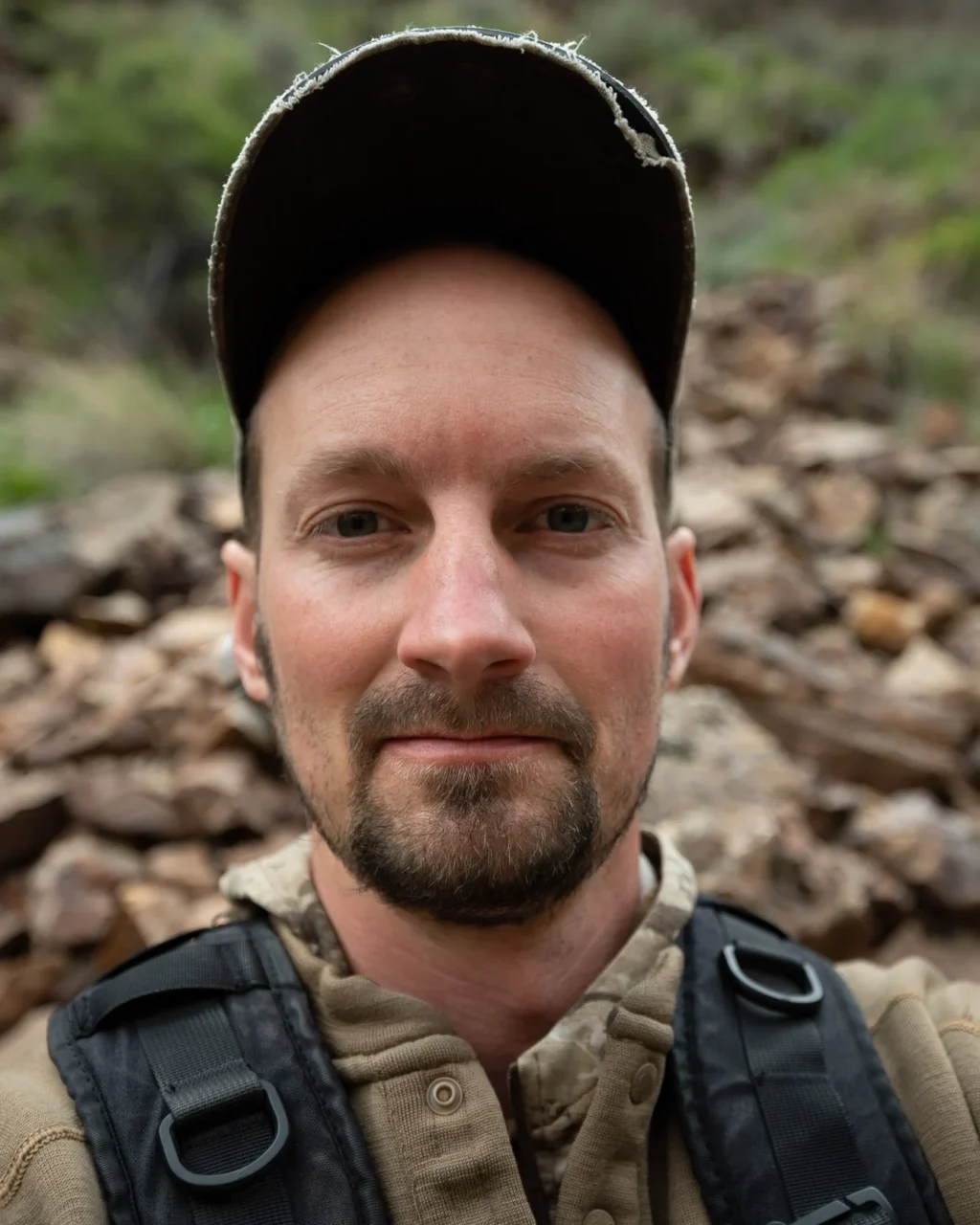
Max Wilbert is a writer, community organizer, and wilderness guide. He is the author of several books, most recently “Bright Green Lies: How The Environmental Movement Lost Its Way and What We Can Do About It” (2021). He also writes the newsletter “Biocentric” on Substack. Max has been part of grassroots political movements for 20 years, most recently launching a protest camp and anti-mining campaign called Protect Thacker Pass. His work often appears in alternative media such as Counterpunch and Earth Island Journal, and has also been featured in corporate media such as CNN and The New York Times. He is currently splitting his time between studying for a Masters Degree in Degrowth, defending against a mining company lawsuit, running a mentorship program for young activists, and participating in several campaigns and global coalitions to protect nature.
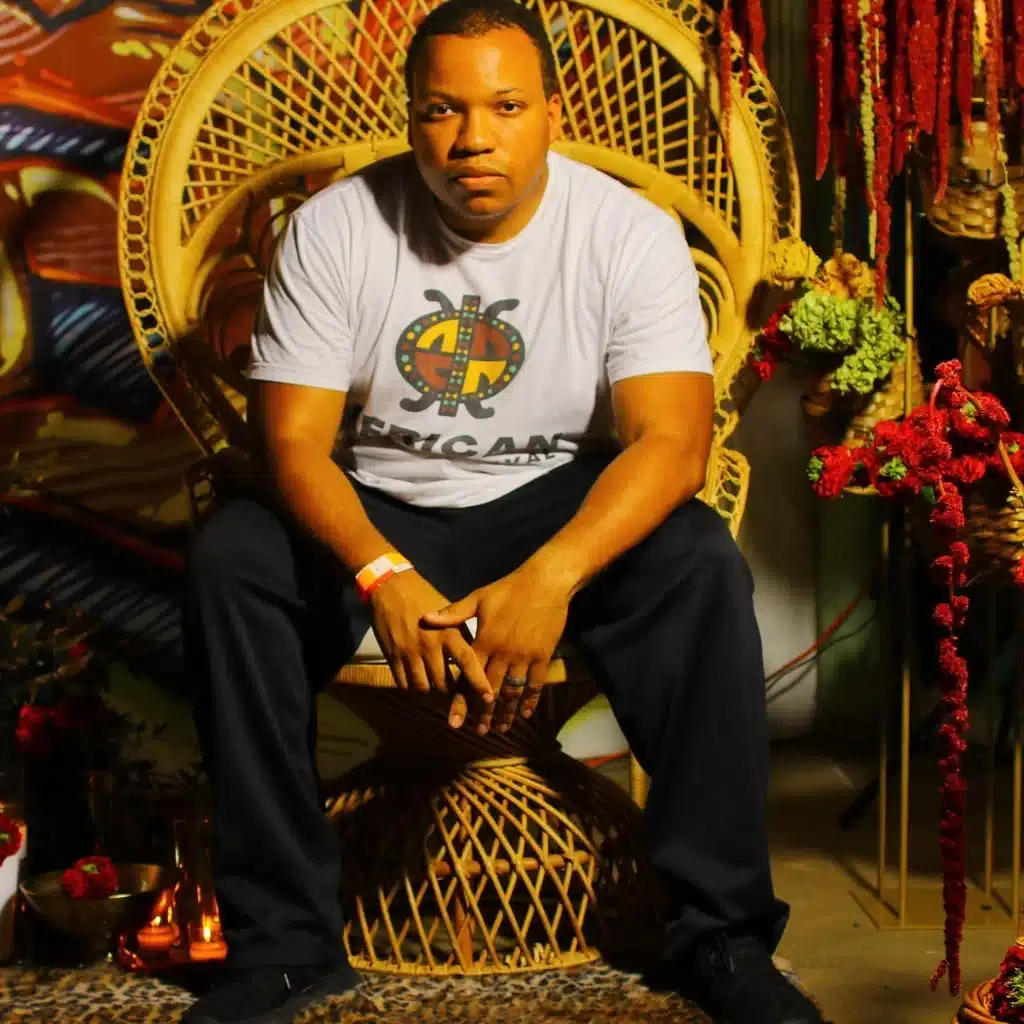
Denzel Caldwell is a community organizer, economist, and popular educator dedicated to Black Liberation. Born, raised, and currently organizing in Nashville, Tennessee, Denzel graduated magna cum laude from Morehouse College in 2014 with a bachelor’s in economics, and from the University of Oklahoma in 2018 with a master’s in economics. For over 10 years, Denzel has been committed to local organizing work focused on prison and police abolition, establishing a local and state-wide guaranteed basic income, and building self-determined Black communities in Middle Tennessee. Currently, his political home and work is concentrated in the Black Nashville Assembly, a participatory democracy project he co-founded with several other comrades to build the self-determination capacity and political power of working-class Black people in Nashville. At Highlander, he is the Program Manager for the Economics and Governance team (aka the Electoral Justice Researcher and Educator), where he facilitates workshops that ground participants in the theory and practice of solidarity economy. His most recent work has been the People Practicing Power series, where he and his co-facilitators dive into civics from a radical lens to help participants builder sharper policy campaigns, direct actions, and strategies for building people power.
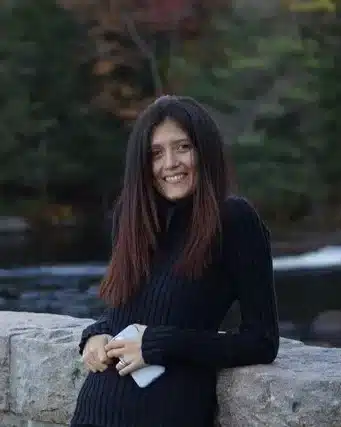
Co-Founder + Director of Talking Wings; I am a multimedia artist and community organizer. My art practice dances between writing, video, sculpture, animation and mixed media illustration. My work focuses on environmental issues, dismantling systemic violence and the Rights of Nature. I am an advocate for change, and I imbue my art and writing with calls for action. Blake’s short art and films have been exhibited in a number of venues including, The Wild Center, the Centro l’Arte Contemporanea Luigi Pecci, The Richard F. Brush Gallery, the Blow Up Chicago Arthouse Film Festival and The ROAR, among others.
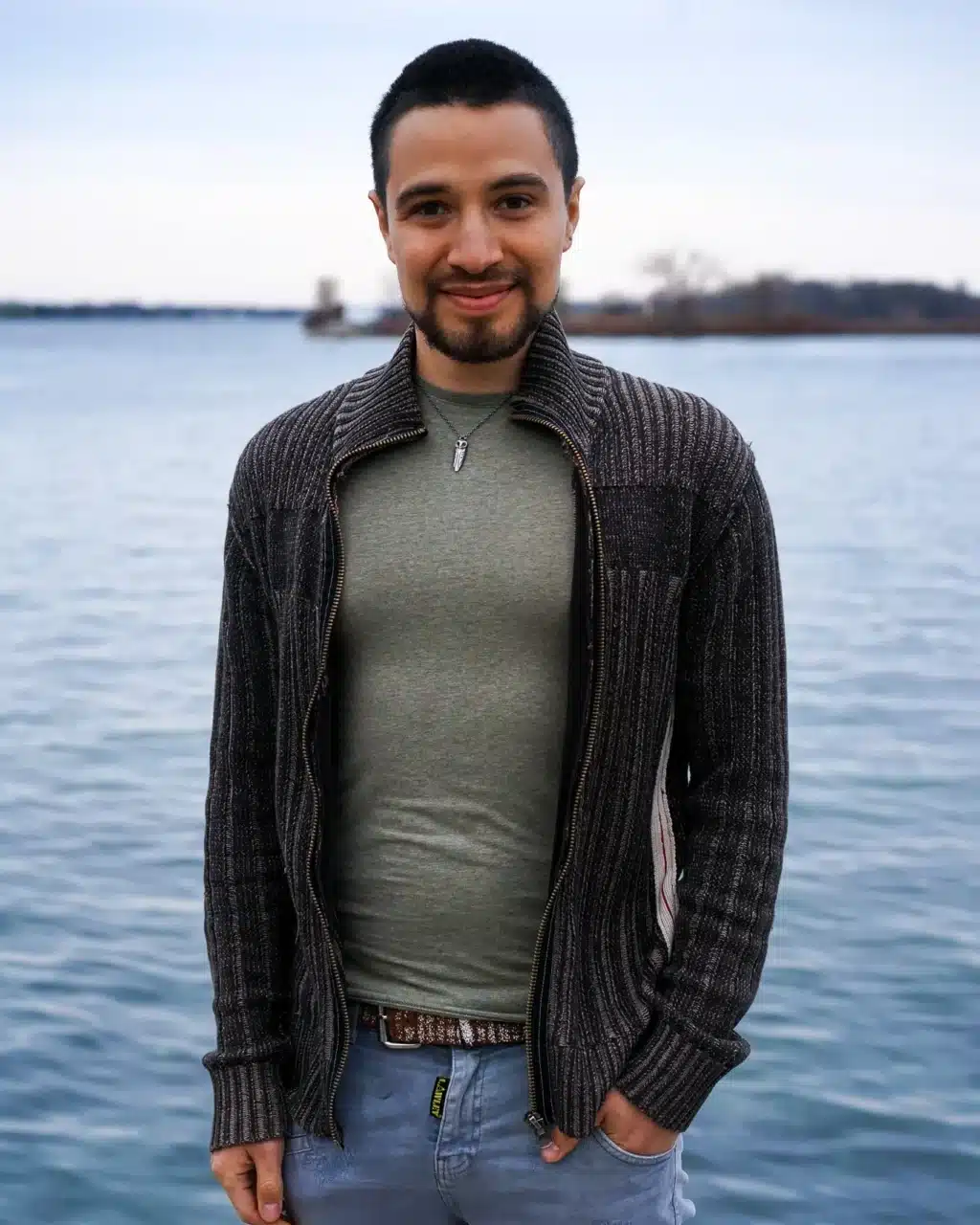
Co-Founder + Director of Talking Wings; I am a Xicanex environmental storymaker and movement weaver, residing as a settler on Kanien’kehá:ka (Mohawk) Territory striving to plant the seeds of a regenerative future. My ancestors are a rainbow of cultures, landscapes and waters; resisting, partaking in, and suffering the violence of colonization, migration, and the systemic injustices of an imperialistic global economy. In navigating this complex actuality, I strive to understand and live my history, honoring my Indigenous and settler grandmothers and grandfathers, while celebrating the land and water that made them one. We are all part of the living being of this Earth: the ecosystem of energy, waters and memories that weave/breathe through our lungs. We are their tapestry, and I create to honor all my ancestors (human and beyond).
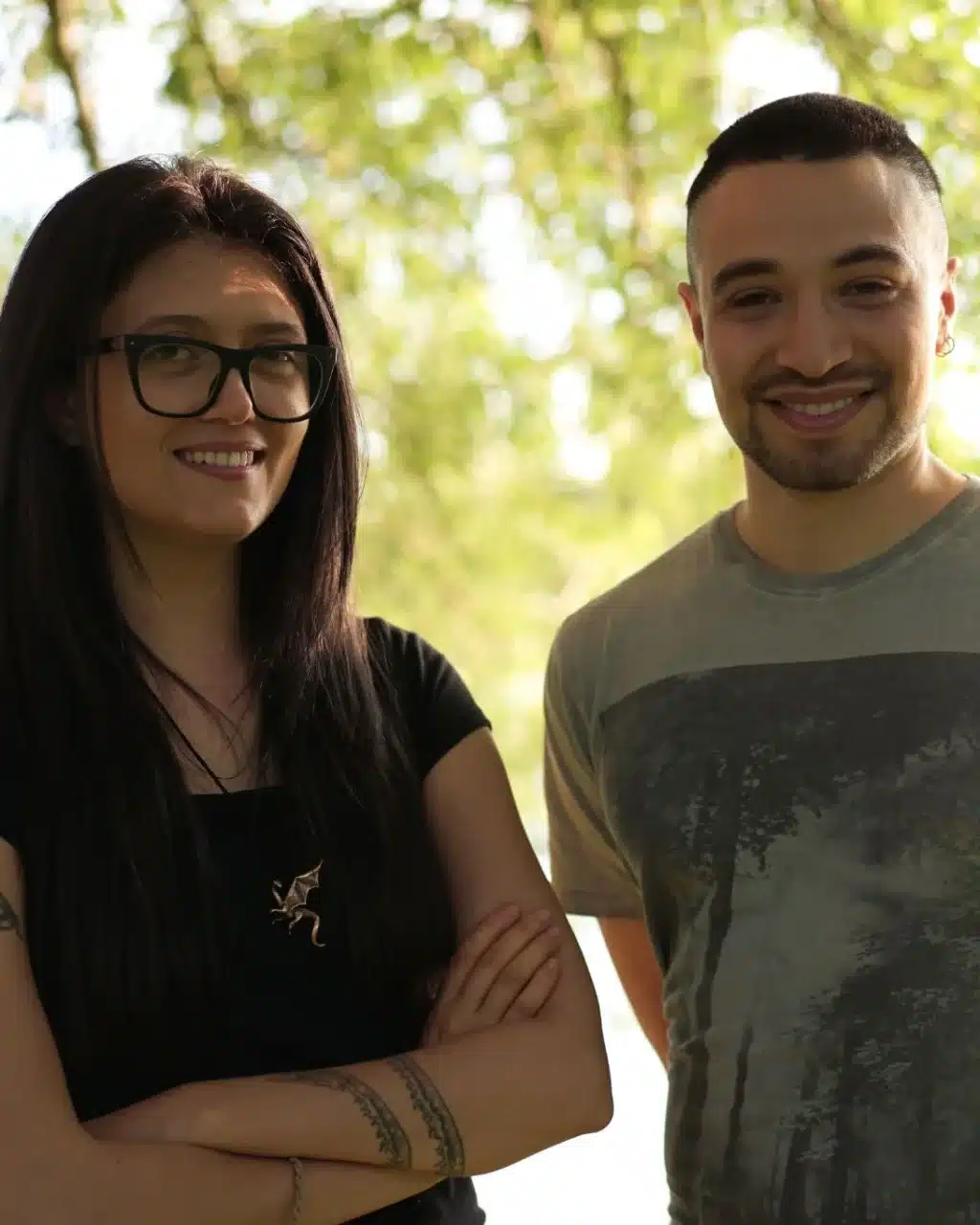
(both they/them) Through their work with the environmental storytelling group Talking Wings, they have organized numerous conferences, curated in person and virtual art exhibitions, and produced visual storytelling pieces that share the voices of Land and Water. The story-making duo also helped found the nonprofit Talking Rivers, Inc., an organization that educates human communities about the Rights and Rites of rivers and their ecosystems. In collaboration with Talking Rivers, they are currently working with humans across the Adirondack Watersheds to create ecocentric governance systems that meet Nature’s needs.